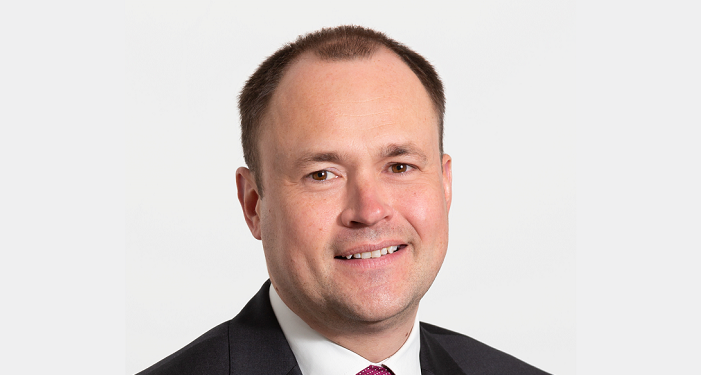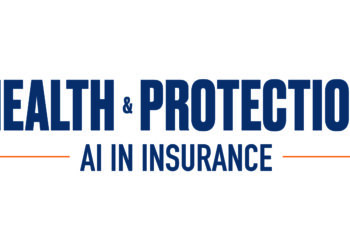While upcoming research indicates long waits for NHS treatment is proving the primary driver for patients to go private, as a general election looms into view, it is unlikely that government will green light tax incentives for employers providing private medical insurance (PMI).
This is according to David Hare, CEO of the Independent Healthcare Providers Network (IHPN) who participated in a webinar organised by insurer WPA this morning.
Hare told the audience that the story of 2023 is “the sheer number of individuals who are insured either through their employer or directly themselves,” a trend he predicted is likely to continue.
Inability to access NHS treatment creating challenges
Presenting a preview of upcoming IHPN consumer research, Hare said 45% of respondents said the inability to access the NHS had been causing them challenges.
“When you add NHS appointments cancelled or postponed, what you really see is either I can’t get in or when I get in, I’m cancelled,” Hare continued.
“That’s what is driving me to private healthcare – it’s very much that driver.
“There are other factors in that – largely about the quality and accessibility of private healthcare – but it’s undoubtedly the case that NHS pressures are driving a lot of what we’re seeing within the market.”
Employers nervous about sickness rates
But Hare also said that employer focus groups carried out by IHPN show that they are “really nervous” about the impact of sickness and absence rates caused by longer NHS wait times on the productivity of their organisations.
Meanwhile, 50% of people polled said they are more likely to apply for a job with an employer that offers PMI. That rate grows particularly among younger people..
And the research also showed that one in four who have used private healthcare said they would not go back to the NHS if they needed further diagnostics or surgical treatment in the future.
Tax incentives
But despite all of this, Hare does not believe government will follow through on delivering long called for tax incentives for PMI.
“The government is looking at this,” he added. “It is currently consulting extensively on further support for occupational health principally through tax incentives.
“For occupational health, they’re actually asking the question whether or not tax incentives for private medical insurance would be appropriate thing to do.
“I think in the run-up to a general election that’s probably unlikely, but they are looking at how can they support employers to do more across the full range of occupational health.
“And I think what we’re beginning to see, perhaps, is a bit of a shift away from looking to the NHS and the state, to support health and wellbeing and looking increasingly at employers.
“So we’ve got both government looking at employers and employees and potential employees asking the question what is the employer or potential employer going to do to help me keep healthy and well?”






